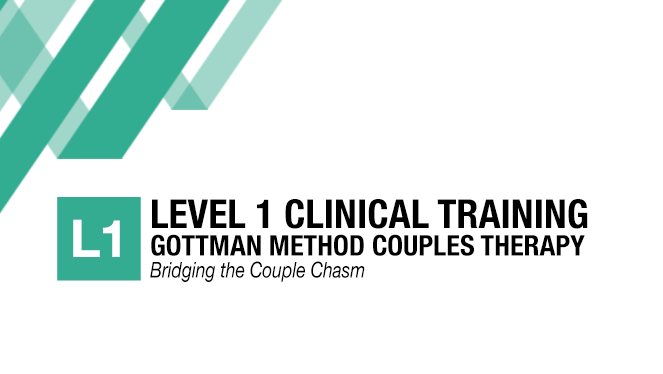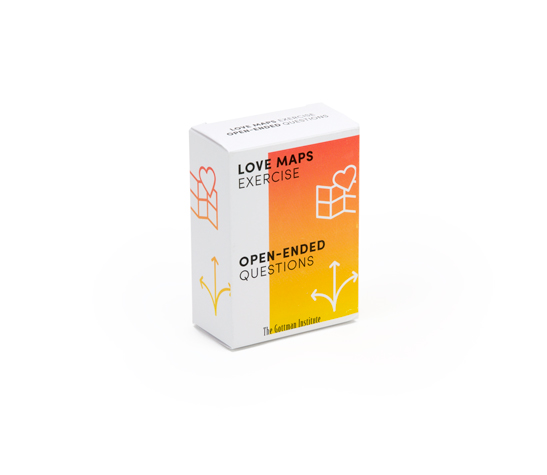According to Terry Gaspard, when experiencing relationship problems, it is wise to:
- Examine your own actions
- Adopt realistic expectations about your partner’s willingness to change
In other words, don’t try to fix your partner. This is both impossible and unethical. Don’t play the blame game (no one wins).
Critical self-awareness and the awareness of others are very important. Here is a third suggestion:
- Practice emotional attunement
Attune to each other
According to Dr. John Gottman, “Masters” of relationships approach problems as a team. To do so, they must both be aware of their personal experience at the moment and motivated to work together. It is impossible to nurture healthy relational dynamics without practicing attunement. Let’s take a look at the first couple in Gaspard’s article:
“A typical example is Tim and Megan, both in their mid-thirties and married for seven years. “I’ve been unhappy for some time,” complains Megan. “I’ve asked Tim to be more considerate of my needs, but things don’t appear to be changing. It feels like I’m at the bottom of his list.” To this Tim laments: “Megan just doesn’t make me happy anymore and things just aren’t getting better.”
Do you think that Tim and Megan are attuned to each other? This couple doesn’t feel like a team. Both partners feel uncared for and unloved. Neither partner is practicing good self-care by allowing this relationship dynamic to continue.
Both Tim and Megan have succeeded in identifying unhappiness in their relationship. However, they haven’t pinpointed specific sources for this unhappiness. In despair, they’ve turned on each other.
This kind of blame is universal. It feels like a personal attack on one’s character. Beyond being painful and unproductive, with repetition, it completely destroys their relationship. The couple grows farther apart, and the Four Horsemen are close.
How to get better at attunement
How can Tim and Megan turn things around? The first step is for them to get in touch with themselves. They must discover what they need and want and determine what they feel is missing from their relationship. This is self-care. They have to understand themselves before they can understand each other.
If you cannot identify your own emotions, how are you supposed to understand them or process them or communicate about them with others? How can you expect your partner to be a source of comfort and support?
If you feel frustrated in your inability to have intimate conversations about your deepest feelings with your partner, you are not alone. Here’s a brief exercise to help you deepen the connection with yourself and with your loved ones:
Ask Open-Ended Questions
If you ask questions that require only a yes or no answer, you are destroying conversations before they even have a chance to begin. You are accidentally slamming the door that you are trying to open. This door is labeled “Intimacy.” Instead of “Did you watch that movie?” ask, “What was your favorite part?” Instead of “Are you upset?” ask, “You seem upset. What’s going on?” If you need help, check out our card deck.
Relax and take your time
If you are bothered by your inability to label your emotions, stop and meditate for a moment. Clear your mind. Search for a word. When a word comes to mind and your body relaxes, you have hit the spot. Here are a few examples you can use in this activity as a starting point:
Positive Emotions
- Amused
- Appreciated
- Lucky
- Satisfied
- Silly
- Turned On
- Joyful
- Safe
- Proud
- Powerful
- Playful
- Fascinated
Negative Emotions
- Alienated
- Tense
- Misunderstood
- Powerless
- Ignored
- Inferior
- Criticized
- Ashamed
- Betrayed
- Numb
- Unsafe
There are even more skills for building internal and external intimacy like the deepening connection in your conversations and expressing compassion and sympathy.
Learn more about being emotionally attuned with Feeling Seen and Heard, the latest from the Gottman Relationship Coach.










